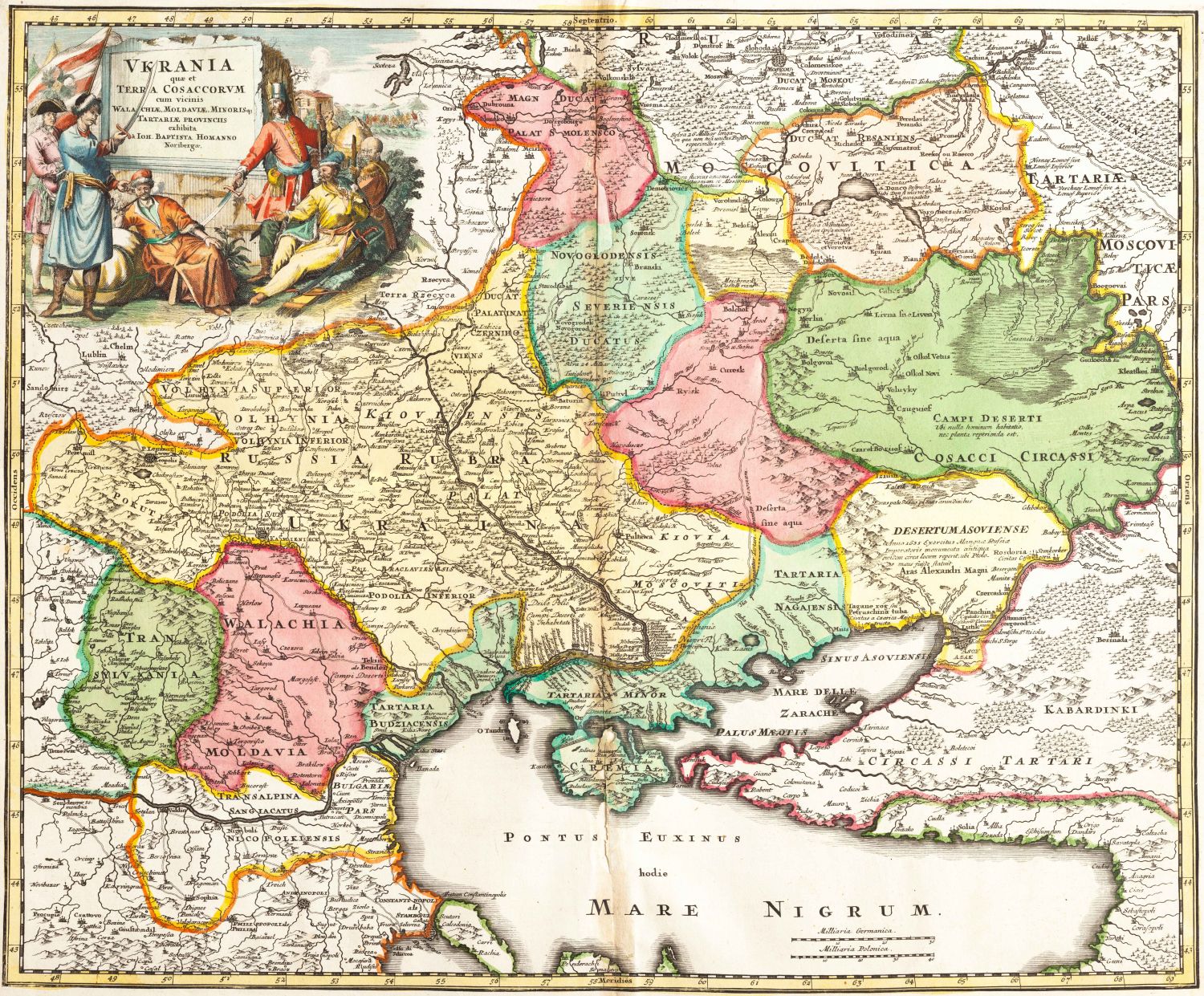Vladimir Putin used historical references and a claim of fighting “fascism” to justify war on Ukraine, despite his own glaring Hitlerian behavior.
-
Spring 2022
Volume67Issue2
“We need to turn to history,” claims Vladimir Putin, “to have a better understanding of the present and look into the future.”
He offered this truism in a nearly 7,000-word treatise published last year on the history of Russia and Ukraine, whose territory he refers to as Malorussia or “Little Russia.”

"Modern Ukraine is entirely the product of the Soviet era," he claimed, despite the fact that Ukrainians fought the Soviets fiercely to keep their independence from 1917 to the fall of 1921, and signed an anti-Bolshevik pact with the Polish government in 1920.
Aggressors have often “weaponized” history, of course. But Putin reminds a new generation that we need to listen to the threatening words of dictators, no matter how far-fetched.
“For years and years so many people have warned the world just who Putin is and what his actions will lead to,” said Vladimir Kara-Murza, the twice-poisoned Russian activist and historian who was recently arrested. “There are no limits to what Putin can do.”
So what are the lessons that one can learn from the history of Russia and Ukraine? For this issue, we sought out the opinions of people who should know.
For nearly three decades, one of Putin's most vocal critics has been Gary Kasparov, the former World Chess Champion, who fled Russia after running for President against Putin in 2006. In his essay in this issue, “We Must Never Surrender,” Kasparov notes that he has warned that Putin would become a global problem if we ignored his ambitions. “Hopefully, with the brutal new invasion of Ukraine, the democracies of the twenty-first century will realize they need to be ready for this fight,” he writes.
Another early warning about the brutality of Putin's regime came from Anna Politkovskaya, the courageous Russian journalist who was tortured and killed in 2006 for her writings about the suffering of civilians during the Second Chechnyan War. In dispatches from that conflict reprinted here, “Reports from Chechnya: Putin's Way of War,” Politkovskaya painted a vivid picture of the horror wrought by Russia’s invasion of the mostly Muslim province, comparing it "to both Guernica and Katyn in terms of the number of victims, and the ruins, bloodshed, and consequences for the whole world."
Putin's rise to power within his own country provides ample context for his current actions, as Catherine Belton writes in her essay “Putin and the Oligarchs.” An investigative journalist with Reuters and a former Moscow correspondent for the Financial Times, Belton chronicles how the hurried transfer of power from Yeltsin to Putin ushered in a new generation of loyal oligarchs, who enriched themselves on Russia’s economy – and used their billions to undermine Western institutions and democracies.
The foreign minister of Russia under Yeltsin from 1991 to 1996, Andrei Kozyrev was present when tanks moved in to seize the Russian White House during the coup attempt by hardliners against Mikhail Gorbachev. In his essay, “Can Russian Democracy Rise Again?” Kozyrev reflects upon his years working to bring about a more democratic Russia and whether that cause still has a future. “The Russian quest for a better world is real,” he writes. “Sooner or later the Russian people will rise up again and reclaim the Russia they deserve.”
And we can look to our own history to understand why the Ukrainians fight so fiercely to save their independence. The words of Thomas Paine inspired our American patriots when events seem so bleak, as Harlow Unger recalls for us in “Times That Try Men’s Souls.” Paine's words are still relevant as Ukrainians fight for the rights he articulated.
Another of our favorite writers, David S. Reynolds, recalls how Abraham Lincoln carefully steered a middle ground among contending political factions in “Lincoln Walks a Tightrope.” Good advice for political leaders who want to accomplish great things.

